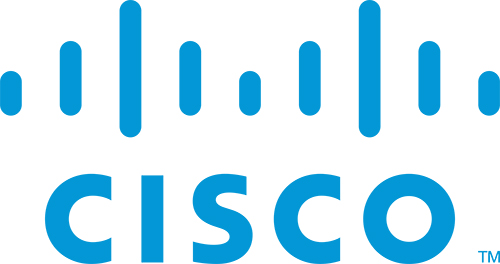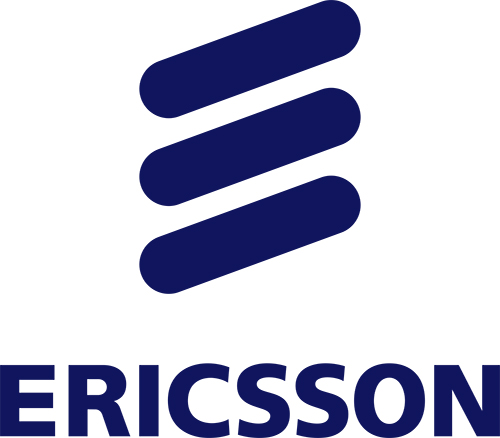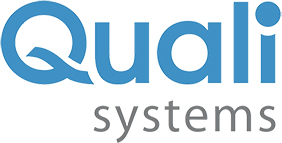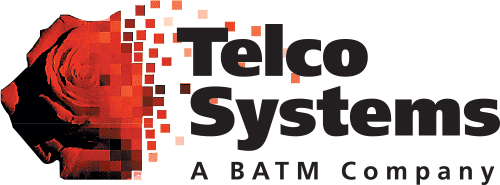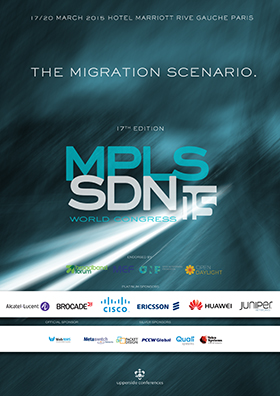ACCESS WITH PASS | 1 | 4 | 5 | 7 |
MORNING SESSION
AFTERNOON Session
TUTORIAL & SEMINAR | TUESDAY 17 MARCH 2015
| 08.00 | WELCOME, REGISTRATION AND COFFEE | |
| PRESENTED BY BROADBAND FORUM AMBASSADORS | ||
| Diane Patton, Cisco Gert Grammel, Juniper Networks Manuel Paul, Deutsche Telekom Konstantinos Samdanis, NEC |
||
| Building Converged IP and Optical Transport Networks | ||
| Service providers need a transport infrastructure that is optimized for IP and packet services. The Broadband Forum is standardizing on an architecture to support this new era with a paradigm shift. The architecture uses ITU-T SG 15 and IETF standards along with various advances in the technology. It supports interoperability between different vendors and all modes of operation. By combining IP and Optical (DWDM) interfaces, service providers can build a robust metro and long haul network delivering a variety of services while reducing CapEx and OpEx. | ||
| Reducing Operating Costs through Energy Efficient Mobile Backhaul | ||
| The Broadband Forum Mobile Backhaul architecture facilitates unified Mobile Backhaul supporting different radio technologies (2G/UMTS/HSDPA/LTE) via the use of IP/MPLS and overlay networks, transport equipment and interfaces of various technologies. Such an architecture can efficiently handle the challenge of progressive network infrastructure deployments using different radio and transport technologies, while it is inherently energy efficient since fewer network nodes and communication links are needed. | ||
| 09.00 | Building Converged IP and Optical Transport Networks - First part | |
|
||
| 10.00 | COFFEE BREAK | |
| 10.30 | Building Converged IP and Optical Transport Networks - Second part | |
|
||
| 11.30 | Energy Efficiency in the Mobile Backhaul Network | |
|
| 12.30 | LUNCH | |
| PRESENTED BY MEF AMBASSADORS | ||
| The Third Network - SDN, NFV, and LSO Seminar features new MEF work on the implementation of SDN and NFV together with Lifecycle Service Orchestration (LSO) to accelerate the implementation of agile and dynamic carrier services and improve operational efficiency of the world's most popular business services in the context of the Third Network. | ||
| 14.00 | Welcome | |
| Introducing the Third Network and the new interdependence of SDN, NFV and LSO Johan Witters, Alcatel-Lucent |
||
| 14.05 | The Third Network: SDN, NFV, and LSO | |
| An overview of the MEF's emerging Lifecycle Service Orchestration (LSO) as the third pillar, together with SDN and NFV, of the Third Network. Isabelle Morency, Veryx |
||
| 14.35 | Using LSO, SDN and NFV to enhance Carrier Ethernet Services | |
| A detailed review of the MEF LSO Reference Model including the underlying information models and APIs of LSO, SDN and NFV and the importance and challenges in aligning them. Abel Tong, Cyan |
||
| 15.05 | Using LSO, SDN and NFV to enhance Carrier Ethernet Services | |
| Illustrations of the use of LSO, SDN and NFV to enhance CE 2.0 services and future looking Third Network services, and the use of their capabilities to maximize the automation of different aspects of the service lifecycles. In addition, Service Orchestration capabilities for Wholesale services, specifically in the context of Product Catalogs, Product Ordering, Service Configuration, Service Activation Testing and Service Delivery. John Hawkins, Ciena |
||
| 15.35 | COFFEE BREAK | |
| 16.05 | Service Provider Panel: Ethernet Services Migration to LSO, SDN and NFV | |
| A service provider panel discussing strategies for the migration of Ethernet services delivery from current network architectures and existing BSS/OSS solutions to take advantage of the benefits of LSO, SDN and NFV in the short to mid term, and in preparation for Third Networks services in the longer term. Moderator: Carsten Rossenhoevel, EANTC Panelists: Divesh Gupta, PCCW GLOBAL Youcef Ayad, TELIASONERA Jamy Rousseau, SFR Matthias Homann, COLT |
||
| 16.35 | Panel: The New Generation of Stakeholders in the LSO-SDN-NFV Era | |
| Industry standards organizations and associations, Open Source organizations, service providers, equipment manufacturers, technology solution developers - all these stakeholders and more need to collaborate ever more closely in order to realize the vision of agile, assured and orchestrated networks. This wrap up session reviews the classes of stakeholders involved in this work, and proposes how collaboration will drive the industry forward in this LSO-SDN-NFV era. Moderator: Rami Yaron, MEF Panelists: Marc Cohn, ONF Chris Price, OPENDAYLIGHT Tom Nadeau, OPNFV Manuel Paul, Broadband Forum |
||
| 17.05 | Inter-Operator connectivity for end-to-end dynamic service | |
| Creating a dynamic service through multiple network using MEF ENNI - Survey & First Panel Rami Yaron, Telco Systems |
||
| 17.35 | Panel: APIs for Orchestration and Automation | |
| APIs are the key to the long term goal of automation and rich end-to-end connectivity service capabilities. This panel reviews how to identify which APIs are required, defining API requirements through inter-body collaboration and the evolving OpenSource environment that is required to develop APIs in a way suited to today's industry expectations. Moderator: Emerson Moura, Cisco Panelists: Abel Tong, Cyan Shahar Steiff, PCCW GLOBAL Rami Yaron, Telco Systems Nir Halachmi, Huawei |
||
| 18.05 | Wrap up | |
| Johan Witters, Alcatel-Lucent |
| 18.15 | END OF THE TUTORIALS |




